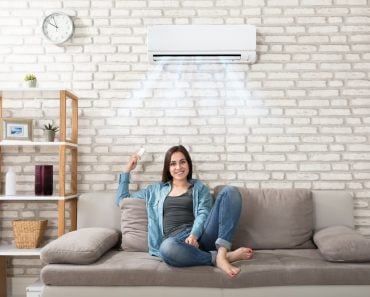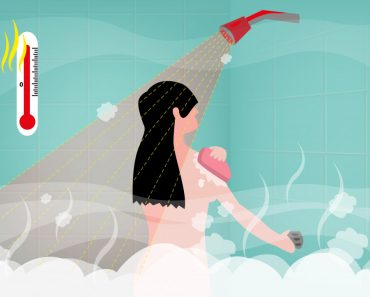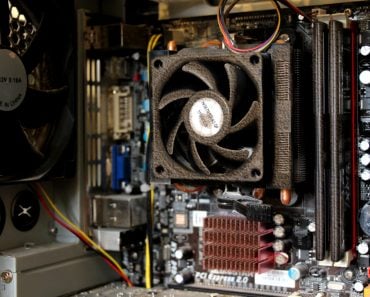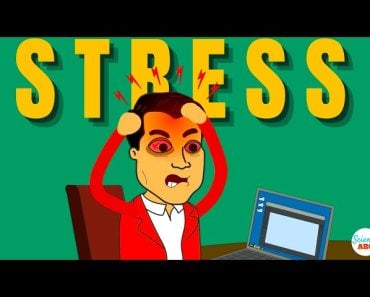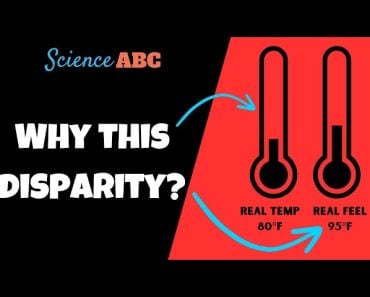Table of Contents (click to expand)
The cold air produced by ACs is not inherently harmful. Air conditioning sickness starts when the AC fails to restrain the bacteria, mold, fungi, dander, etc., that is thriving in the air-conditioned room.
Air conditioners (ACs) help to cool down our hot homes during scorching summers. They are our reliable companions to endure heat and humidity. The feeling is priceless if you toil hard under the sun or do some heavy lifting at the gym—and then sit and relax near the cool airflow of the AC.

However, AC units are not completely benign; they can negatively affect our health if used continuously or carelessly. So, whether you’re a regular user of AC or just use it on select occasions, it’s worth knowing how your air conditioner may affect your health.
Recommended Video for you:
What Is Air Conditioning Sickness?
Some people call it “air conditioning sickness”—that cold, stuffy, weak feeling caused by remaining indoors under the influence of AC for a long time. Some may even experience headaches, dizziness, and nausea. In such scenarios, you often get the urge to go outside, take a walk, and breathe fresh air to neutralize the uneasiness caused by prolonged cold. This feeling is not uncommon.
Although air conditioning is a boon for those who suffer from asthma and allergies, the constant use of AC can wither our health and well-being.

Technically, AC does not cause disease but can interact with our environment in ways that make us sick. Let’s learn more about how AC tacitly affects our health and the potential symptoms of ‘air conditioning sickness.’ We will then also explore some good practices we can adopt to prevent or minimize the ill effects of AC sickness.
Sore Throat And Uneasy Breathing
The cold air produced by ACs is not inherently harmful. People with respiratory problems caused by particulate matter can benefit from modern air conditioners because they usually have better filters. Air conditioning sickness starts when the AC fails to restrain the bacteria, mold, fungi, dander, etc., that is thriving in the air-conditioned room.
If your home or workplace is cooled by an old AC and is brimming with nasty bacteria and mold, your AC will only circulate this infected air. Although newer ACs are good at removing particulate matter, they cannot prevent the inhabitancy of bacteria, fungi, and other microorganisms dwelling on a room’s walls, floors, or ceilings. These allergens are often airborne, leading to stuffy noses, sore throats, and in some cases, difficulty breathing.
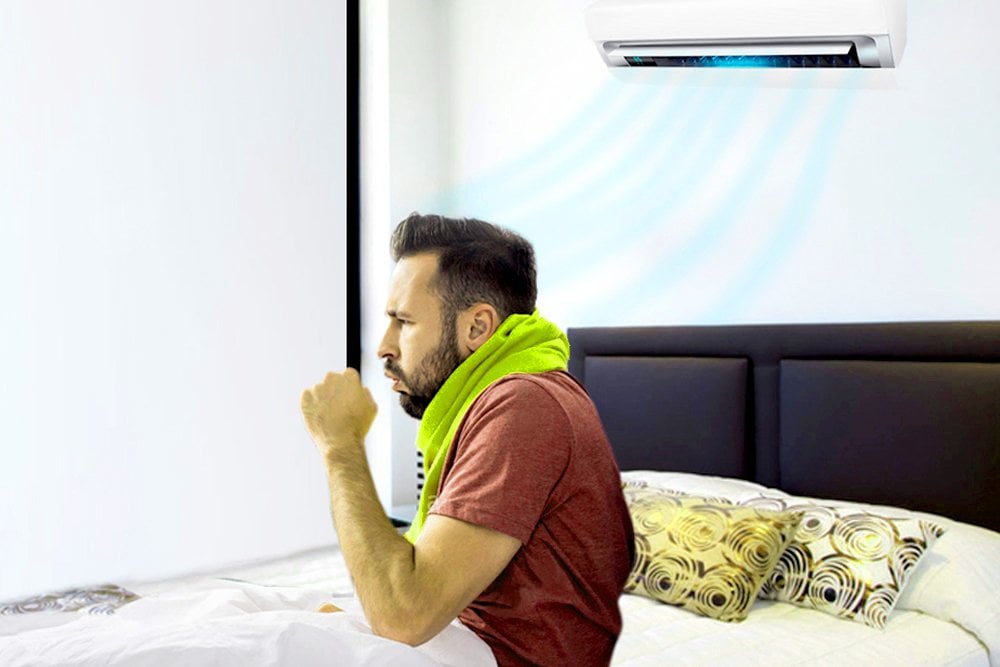
Worse, if air conditioners are not properly maintained, they can become a breeding ground for fungi and bacteria. Pulling air over the coils in an AC leads to condensation. This moisture can create an optimal environment for bacteria and fungi to prosper if it is not cleaned regularly.
Therefore, it is recommended to schedule AC maintenance checkups regularly. It will help you get early signs of mold development. Also, clean the filter every few weeks or replace it if the service technician tells you to. Checking air ducts for contamination will also give clues if your AC needs immediate attention.

Common Cold And Skin Dryness
Running an AC at very low temperatures can also lead to air conditioning sickness. A few different phenomena occur when you create such a cold environment. First, the viruses that spread the common cold grow faster. Many studies have noted that certain common cold virus species, like rhinovirus, multiply more efficiently in cold environments. Second, super-cold temperatures can cause the arteries in the skin to constrict. This constriction is part of our defense mechanism to protect the body from losing heat in cold climes. However, the flow of white blood cells that protect the body against viruses is reduced due to this constriction, making our body more vulnerable to illness.
In a bid to cool quickly, ACs are infamous for sucking out the moisture from the room. The dry environments caused by AC evaporate the moisture found in the nose lining, making it susceptible to infection. Furthermore, long exposure to AC often causes the skin to lose moisture and become unpleasantly dry.

It’s advised not to run your AC at low temperatures, especially if it is intended to run for many hours. The colder the environment gets, the more favorable it becomes for cold- and cough-causing microorganisms to multiply. To control dryness, keep yourself hydrated by drinking a lot of water. Also, use moisturizer if your skin is sensitive to losing moisture in an air-conditioned environment. If your finances permit, you can buy and install a humidifier in your room. Another easy but unproven hack is keeping a cold water bucket in an air-conditioned room to improve humidity levels.
Increased Visits To The Doctor
Studies have found that people who spend more time in air-conditioned environments display an increased use of healthcare services. The regular and continuous use of AC is found to be connected with the rising number of complaints related to ENT (ears, nose, and throat) and respiratory problems.
Researchers have also attempted to find the correlation between AC and blood pressure. This study published in the Journal of Hypertension found that every 1°C decrease in indoor temperature raised systolic blood pressure by 0.48 mmHg and diastolic blood pressure by 0.45 mmHg. For those unaware, systolic blood pressure indicates how much pressure blood exerts on the arterial walls when the heart beats at the time of measurement. In contrast, diastolic blood pressure measures pressure exerted on the arterial walls when the heart rests between two beats. Do read this if you are curious why blood pressure measurement involves two values.
Thus, people with hypertension should avoid sitting too close to the AC, where a direct draft of cold air would flow through their body, or they should simply set the temperature of the AC on the higher side. Alternatively, one can also keep the flap of the AC up to avoid getting a direct blast of cold air. It is also essential to take regular breaks and go outdoors to breathe some fresh air!
References (click to expand)
- Volatile Organic Compounds' Impact on Indoor Air Quality. The Environmental Protection Agency
- Brennan, P. J., Greenberg, G., Miall, W. E., & Thompson, S. G. (1982, October 2). Seasonal variation in arterial blood pressure. Bmj. BMJ.
- Preziosi, P. (2004, May 27). Workplace air-conditioning and health services attendance among French middle-aged women: a prospective cohort study. International Journal of Epidemiology. Oxford University Press (OUP).
- Mendell, M. J. (2004, May 27). Commentary: Air conditioning as a risk for increased use of health services. International Journal of Epidemiology. Oxford University Press (OUP).
- Sinha, P., Tanoja, D., Singh, N., & Saha, R. (2010). Seasonal variation in prevalence of hypertension: Implications for interpretation. Indian Journal of Public Health. Medknow.


